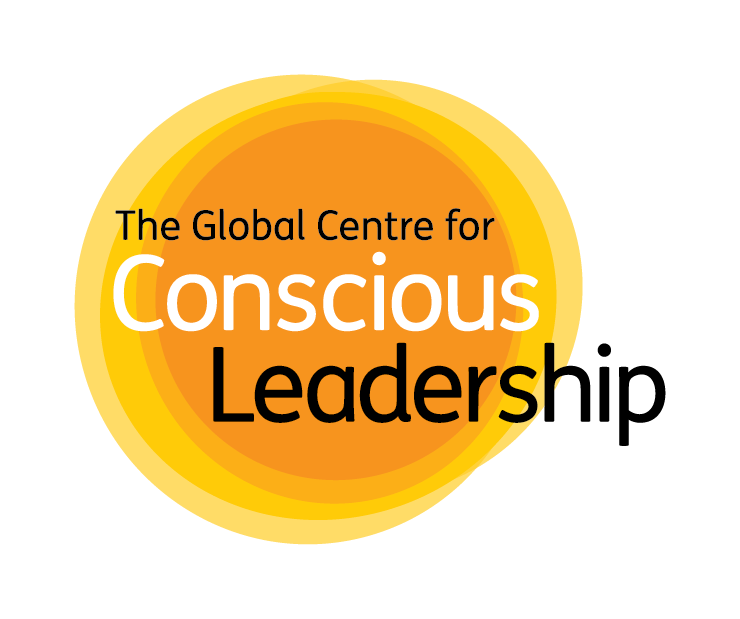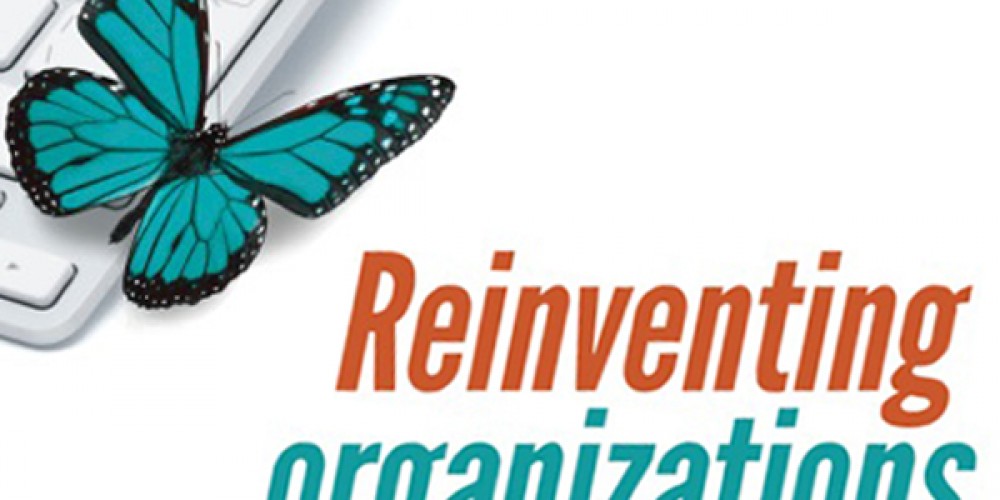Reinventing Organizations is a great read, a breath of fresh air (and sometimes a mindbend) about how the new and emerging forms of organisations go about their business. It serves not only as a compelling story, but also alters our paradigm as we read it. That is some effect.
There are several clues within it that point to who the leaders of these (Teal) kinds of organisations need to be, which hints at an evolved form of leadership. Frederic describes three principles around which their operations cluster:
- Self management
Frederic’s point: Hierarchies don’t work in complex organisations because all the complexity is pushed to the top awaiting decisions. As we know from other writers (e.g. Barrett Brown), the levels of complexity leaders typically have to work with these days are too much for the rational brain to figure out and the few people ‘at the top’ can’t outthink (or outrun) complexity. The way to survive and flourish is to tap into the collective intelligence of the whole system, the whole organisation (and its stakeholders). This requires being willing to let go of control and release decision-making power to your employees, while having a few big self-organising rules in place whereby people can make their own decisions in teams and within broad boundaries. Most importantly, this requires trust.
Conscious leadership implications: How can you put aside your ego when you catch it in the driving seat, with its need for control and power, to instead tap into the collective intelligence of many? What will you need to give up in yourself? And what could you gain instead? How can you notice when you are making it about ‘me’ rather than about ‘us’? And what might those ‘big rules’ be that can inform your employees’ decision-making while setting them free to make decisions, innovate and evolve the organisation?
- Wholeness
Frederic’s point: Most organisations have an expectation that we will show up in a specific way, more or less as our ‘professional selves’. As soon as we’re able to bring ourselves more fully to work, we experience the rush that comes from being authentic. Being appreciated for who we are and what is important to us gives us energy for contributing. That feeds directly into discretionary effort and engagement. There is an endless wellspring of energy when we view (as Raj Sisodia says) people as a ‘source’ rather than a ‘resource’.
Conscious leadership implications: How much of your own authenticity are you bringing to work? How much are you encouraging this with your employees? Are you making it safe for them to share more of themselves – more of their real dreams, ideas, their own purpose? To what degree are you ensuring that people are connected to your organisation’s purpose and that their values and your organisation’s values are aligned?
- Evolutionary Purpose
Frederic’s third point is about the organisation knowing its purpose and sharing this freely with others, not holding on to it for competitive advantage. Even more interesting is Frederic’s finding that these leaders saw their role not as telling the organisation where to go, but to SENSE where it wanted to go, to listen deeply to the system, notice the clues, and adjust along the way. “They let reality decide what it wants to do,” says Frederic – meaning, if there is an idea, try it out, see if others adopt it, let it grow organically and in balance. This is the polar opposite of standard business think: set a strategy way up front, then go for it hell for leather, shoehorn reality into it and push any resistance out the way.
Conscious leadership implications: What does it take, as Frederic says, to “not play God anymore but to listen to what wants to happen”? It seems that catching your ego in play and realising you are forcing events according to your own agenda would help. Being still, listening deeply and inside of yourself is also required. Meditation and mindfulness would help to quiet the mind to do so. Getting better at reading patterns in the system would also be a good skill to have. But it seems that the most important thing would be to listen to your heart’s intelligence and your gut’s intelligence, not just to your logical brain.
It occurred to me that what Frederic found overlaps nicely with Daniel Pink’s views on what motivates us. In Teal organisations, there is more meaning and purpose, more autonomy and more opportunity for self-mastery.
Is it any wonder that these organisations are filled with energy and doing so well?
Our passion is to work alongside leaders who are finding ways to lead their organisations more consciously. If this resonates with you, get in touch with us for a conversation.



Join the conversation